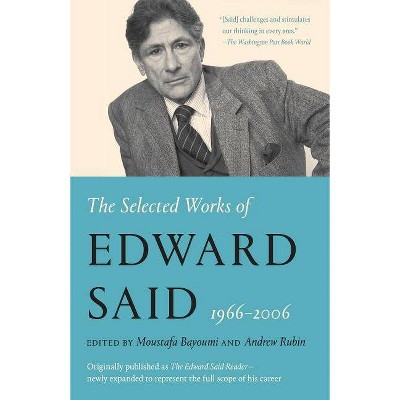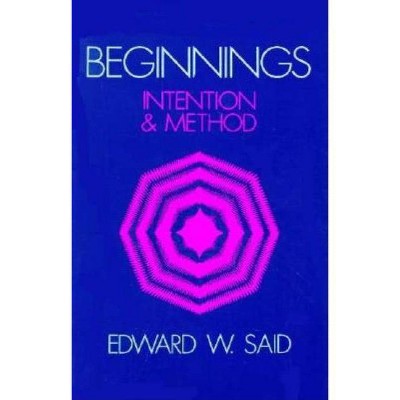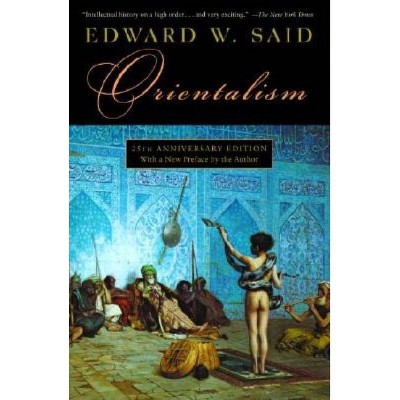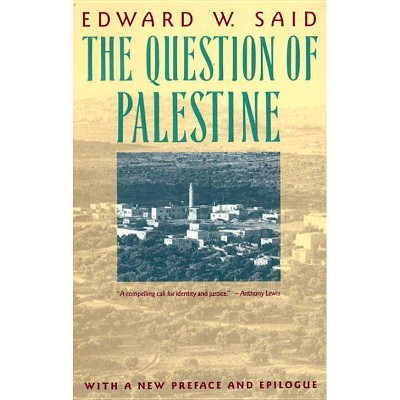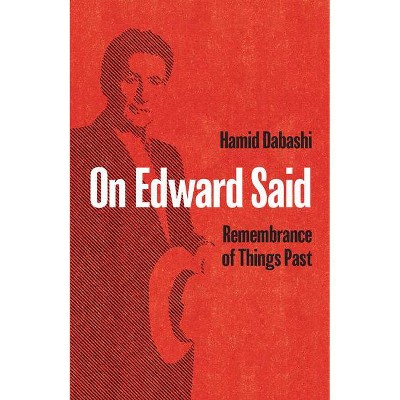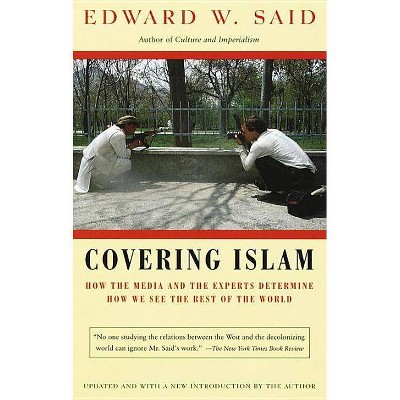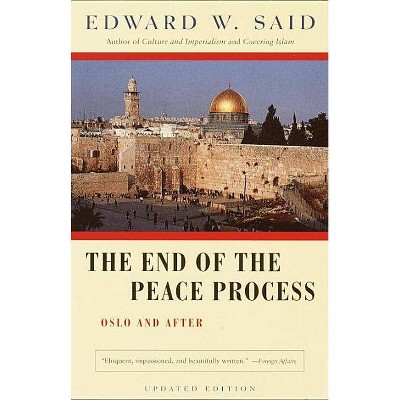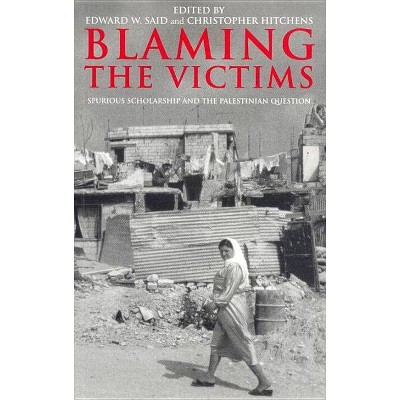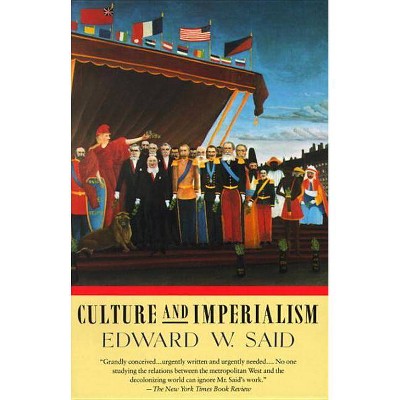Representations of the Intellectual - by Edward W Said (Paperback)
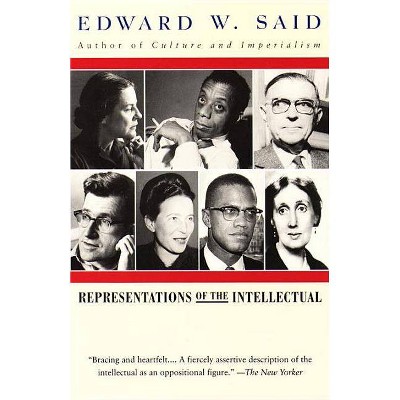
Similar Products
Products of same category from the store
AllProduct info
<p/><br></br><p><b> Book Synopsis </b></p></br></br>In these impassioned and inspiring essays, based on his 1993 Reith Lectures, Edward Said explores what it means to be an intellectual today. <p/>Are intellectuals merely the servants of special interests or do they have a larger responsibility? In these wide-ranging essays, one of our most brilliant and fiercely independent public thinkers addresses this question with extraordinary eloquence. Said sees the the intellectual as an exile and amateur whose role it is to speak the truth to power even at the risk of ostracism or imprisonment. Drawing on the examples of Jonathan Swift and Theodor Adorno, Robert Oppenheimer and Henry Kissinger, Vietnam and the Gulf War, Said explores the implications of this idea and shows what happens when intellectuals succumb to the lures of money, power, or specialization.<p/><br></br><p><b> From the Back Cover </b></p></br></br>Celebrated humanist, teacher, and scholar, Edward W. Said here examines the ever-changing role of the intellectual today. In these six stunning essays - delivered on the BBC as the prestigious Reith Lectures - Said addresses the ways in which the intellectual can best serve society in the light of a heavily compromised media and of special interest groups who are protected at the cost of larger community concerns. Said suggests a recasting of the intellectual's vision to resist the lures of power, money, and specialization. in these powerful pieces, Said eloquently illustrates his arguments by drawing on such writers as Antonio Gramsci, Jean-Paul Sartre, Regis Debray, Julien Benda, and Adorno, and by discussing current events and celebrated figures in the world of science and politics: Robert Oppenheimer, Henry Kissinger, Dan Quayle, Vietnam, and the Gulf War. Said sees the modern intellectual as an editor, journalist, academic, or political adviser - in other words, a highly specialized professional - who has moved from a position of independence to an alliance with powerful institutional organizations. He concludes that it is the exile-immigrant, the expatriate, and the amateur who must uphold the traditional role of the intellectual as the voice of integrity and courage, able to speak out against those in power.<p/><br></br><p><b> Review Quotes </b></p></br></br><br>Bracing and heartfelt. . . . A fiercely assertive description of the intellectual as an oppositional figure. --<i>The New Yorker <p/></i>Edward Said is the most distinguished cultural critic now writing in America. --Cornel West <p/>Said is a brilliant and unique amalgam of scholar, aesthete and political activist. . . . He challenges and stimulated our thinking in every area. --<i>Washington Post Book World</i><br><p/><br></br><p><b> About the Author </b></p></br></br>Edward W. Said was born in 1935 in Jerusalem, raised in Jerusalem and Cairo, and educated in the United States, where he attended Princeton (B.A. 1957) and Harvard (M.A. 1960; Ph.D. 1964). In 1963, he began teaching at Columbia University, where he was University Professor of English and Comparative Literature. He died in 2003 in New York City. <p/>He is the author of twenty-two books which have been translated into 35 languages, including <i>Orientalism</i> (1978); <i>The Question of Palestine</i> (1979); <i>Covering Islam</i> (1980); <i>The World, the Text, and the Critic</i> (1983); <i>Culture and Imperialism</i> (1993); <i>Peace and Its Discontents: Essays on Palestine and the Middle East Peace Process</i> (1996); and <i>Out of Place: A Memoir</i> (1999). Besides his academic work, he wrote a twice-monthly column for <i>Al-Hayat</i> and <i>Al-Ahram</i>; was a regular contributor to newspapers in Europe, Asia, and the Middle East; and was the music critic for <i>The Nation</i>.
Price History
Price Archive shows prices from various stores, lets you see history and find the cheapest. There is no actual sale on the website. For all support, inquiry and suggestion messages communication@pricearchive.us
